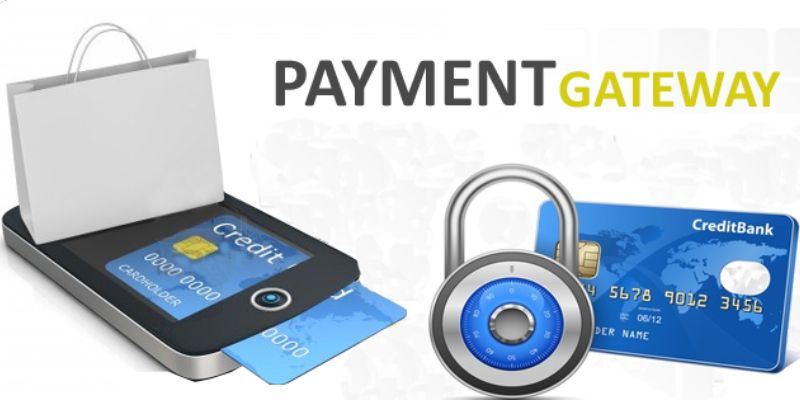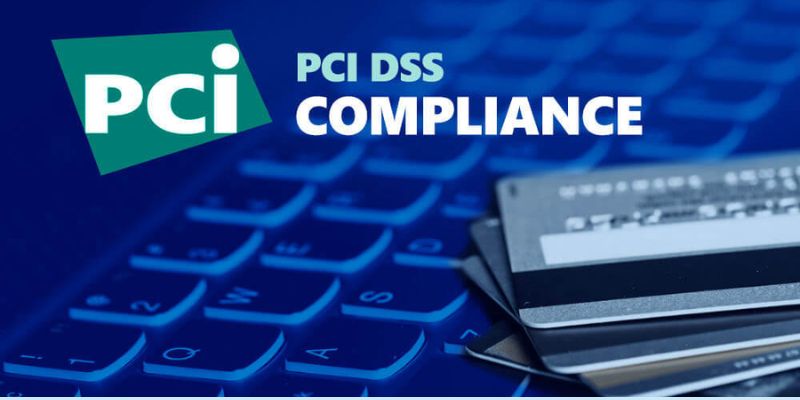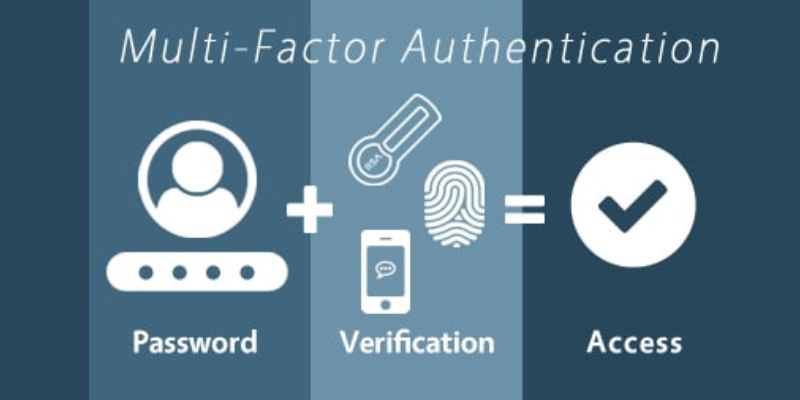Millions of data security for online transactions holes degrade the business-related safety of the internet every year. Certainly, consumers are aware of this risk. Customers may choose another e-commerce site if yours is unable to offer the greatest level of online payment security.
The good news is that current security measures are well-established, regularly revised, and simple enough to put into practice. The fundamental phrases you must comprehend in order to maintain the security of online financial transactions and to prove that security to your clients are listed below. In this article, tapchiai.net will discuss data security for online transactions: 5 you need to know.
Payment gateways – Data security for online transactions
A payment gateway is a piece of software that interacts with payment processors to enable the movement of funds from buyer to seller while encrypting financial data and authorizing transactions.

You’ll need a payment gateway, whether it’s integrated into your hosting platform or added via a third-party plug-in, unless you want to process payment data through your own servers and make the large expenditure necessary to do so securely.
Site owners are shielded from the dangers associated with storing data on their own servers by payment gateway providers who handle financial identifiers on their behalf. Established gateways like PayPal and Authorize.net make significant security investments while charging site proprietors membership and/or transaction fees.
SSL and TLS – Data security for online transactions
Websites safeguard payment data by encrypting it before transmission. This encryption is carried out through the Secure Sockets Layer (or SSL) and Transport Layer Security (or TLS) protocols, which are both widely used. The more recent protocol, TLS, uses greater encryption techniques. However, as SSL is more well-known among web users, many industry insiders swap the two acronyms.
The majority of website owners don’t need to worry too much about the distinction; what’s crucial is getting an SSL or TLS certificate from a reliable hosting provider. This certificate demonstrates that client data is encrypted at the initial phase of any financial transaction as it moves from the user’s computer to your e-commerce site.
According to Jason Agouris, CEO of digital systems provider iTristan Media Group, “at this time, secure information is well protected provided SSL security is up to date with modern encryption.”
In the modern internet environment, an SSL or TLS certificate is essential. Users may typically identify the presence of such a certificate by looking for a closed padlock in the URL bar in most browsers. Browsers may alert users to the security risk when a website lacks an updated certificate, which can cause major issues for any website that processes online payments.
PCI compliance – Data security for online transactions
The PCI Security Standards Council (PCI SSC) is a global organization whose goal is to protect payment information. It disseminates and keeps current with the PCI Data Security Standard (PCI DSS), which is applicable to “all entities that store, process, or transmit cardholder data and/or sensitive authentication data.”
There are several levels of PCI compliance required for different sorts of organizations, ranging from a few straightforward criteria for online sellers using gateways to comprehensive validation for gateway providers themselves. The concept of “compliance” itself is complicated because major payment card companies like Visa and Mastercard run different programs that specify validation levels and compliance.

The Self-Assessment Questionnaire A from that organization can be used by the majority of online retailers who use payment gateways to determine their degree of PCI compliance. Only the PCI DSS specifications that apply to merchants who delegate the processing of payment cards to reputable payment gateways are included in this publication.
Any third-party providers who deal with financial transactions should be questioned about whether they have validation for all PCI DSS requirements. If not, continue looking.
Tokenization for secure online payments – Data security for online transactions
Financial identifiers can be hidden in a variety of ways as they flow between clients, your website, and the payment processor in addition to encryption. With the effective tactic of tokenization, a credit card number is swapped out for a one-of-a-kind code, or “token.” In order to prevent data theft, client computers communicate the token rather than the actual data.
For the highest level of protection, Agouris advises picking a payment gateway that supports tokenized transactions.
Multifactor authentication – Data security for online transactions
A system needs to confirm the user’s identity before allowing access to protected information. This can be done easily by asking the user for a password, but this doesn’t guarantee security because a hostile person could find the password.

To verify that the user also has an item (the phone or email account) that establishes their identity, a code is often delivered to the user’s phone number or email address upon a request for access. This sort of multifactor authorisation substantially increases security and is easy to use.
The implementation of multifactor authentication, like all measures to assure online payment security, not only makes e-commerce safer but also increases the likelihood that customers will click “buy” in the first place.







